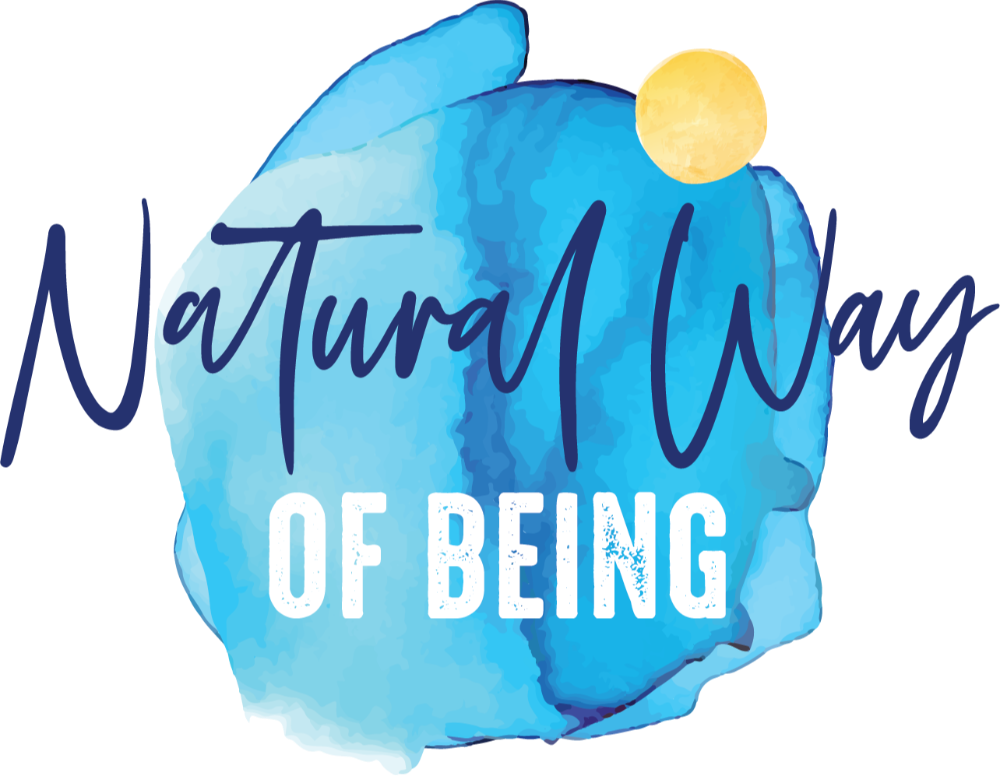People Have Issues With You
Apr 17, 2023Video Summary:
I suspect a lot of you watching this video have worked with being more authentic, true to yourself, and speaking your truth. When you're true to yourself and what you're feeling, you can act from that place. It takes a lot of courage to be yourself, especially in our culture where it's not always honored.
But here's the thing, when we are more honest and authentic, people are going to have issues with that. Why would that be? When you're more authentic, it may point out to the people that you're relating to that they are not being authentic.
Or perhaps you're a little more honest and less people-pleasing than you used to be. You may be in your personal power and not tolerate people's nonsense or control issues as much as you used to. These are all great things. Ultimately, it's great for you and the people you're interacting with.
However, it may not be appreciated. Some people may give you signals that they liked you better the way you used to be. They may even give you signals that it's not okay to be who you are. Some people may say it directly, but more often people imply it.
They're often doing it unconsciously. In fact, if they knew they were doing it, they'd probably be horrified. However, the most effective way to not look at their own inauthenticity or other things they are unwilling to accept in themselves is to talk you out of being your authentic self.
They may have very definite ideas about how you should be and how you should not be. And they may have rather creative and sophisticated ways to try to change you, control you, and talk you out of who you are.
So it's really important to be aware of this and to hold your ground. You might say to them, “I love hanging out with you, but this is how I am.”
There are a lot of implied things that may come your way. They might say, “I’m not comfortable with how you do that.” Or, “You hurt my feelings.” Or, “When you do that it triggers me.” Most of us watching this are pretty accommodating people. So there's a tendency to think, “Wow, I don't want to trigger people.”
However, there are a lot of subtle and not-so-subtle requests and demands coming in. Underneath the demands you often find some form of, "What you are doing and the way you are is not cool with me, so therefore, you need to change."
There are usually two parts to these requests that are presented to you. One part is, "The way you are doesn't work for me," (which at least is honest). However, there's usually an implied second part such as, “I'll know you’re respecting me if you change in the way I want you to change." And that part is less clean.
I've even said to people, “I hear that the way I am is not comfortable for you, however, I'm not going to change it.” The person might say, “You're not listening to me and not respecting me then because you're not willing to change. I've requested that I'm not comfortable with how you are, but still, you're not changing it.”
To which you could respond, “You may see it as disrespectful, but I've worked pretty hard to be authentic and to discover who I am. Certainly, let me know if there's a specific behavior that's not working for you, and I'll see if I can find a different way to express myself authentically. But I'm not open to changing my authentic self for you.
One of my favorite quotes by a teacher I worked with is, “No matter what you do, people are going to have issues with it, so you might as well do what you want to do and let them have issues with that.”
This can be extended to, “No matter how you are, people are going to have issues with you, so you might as well be who you really are and let them have issues with the authentic you.”


